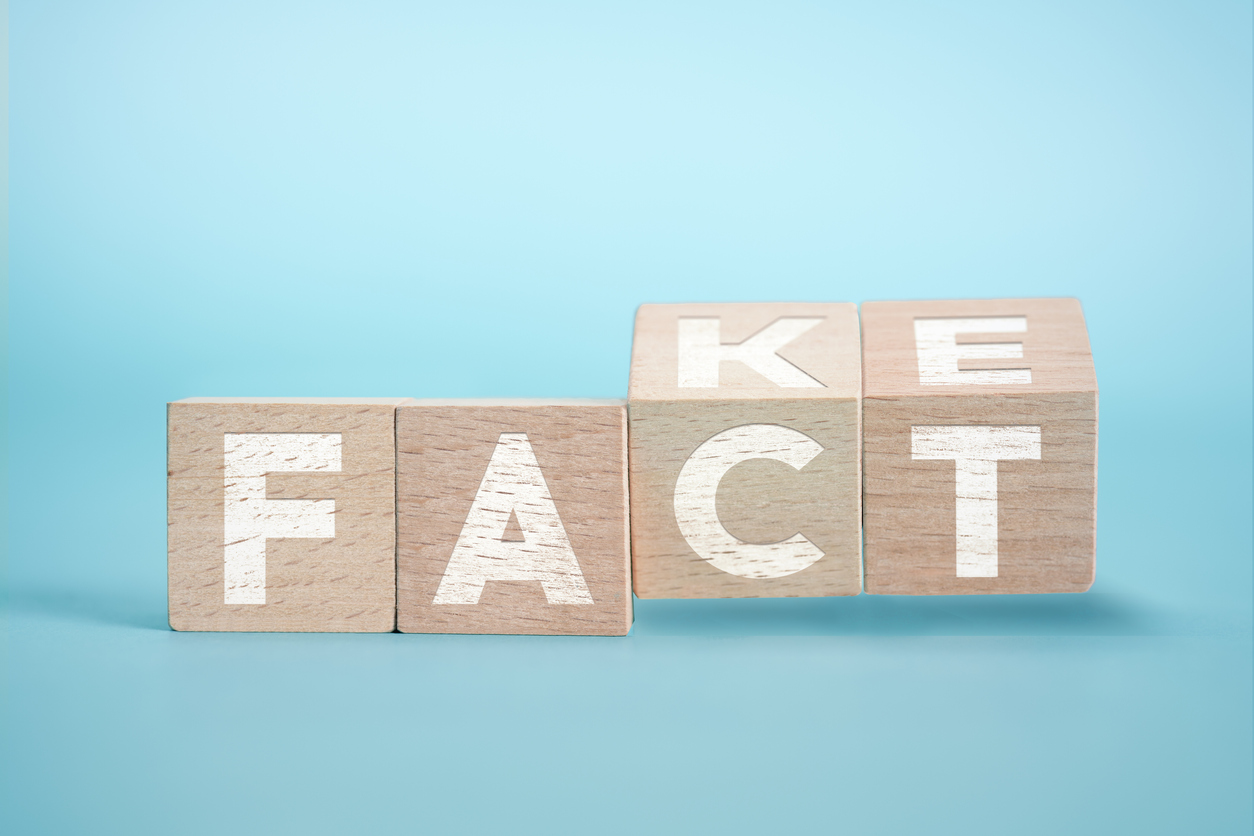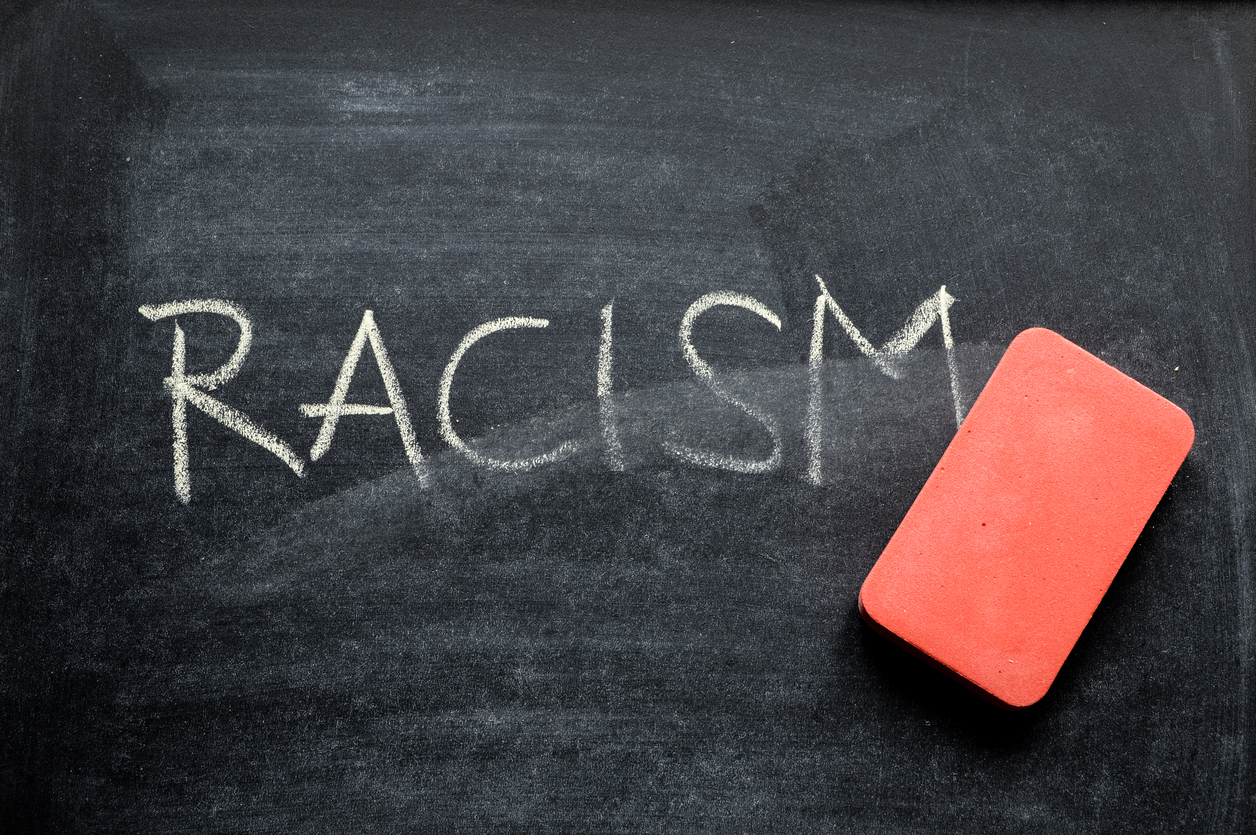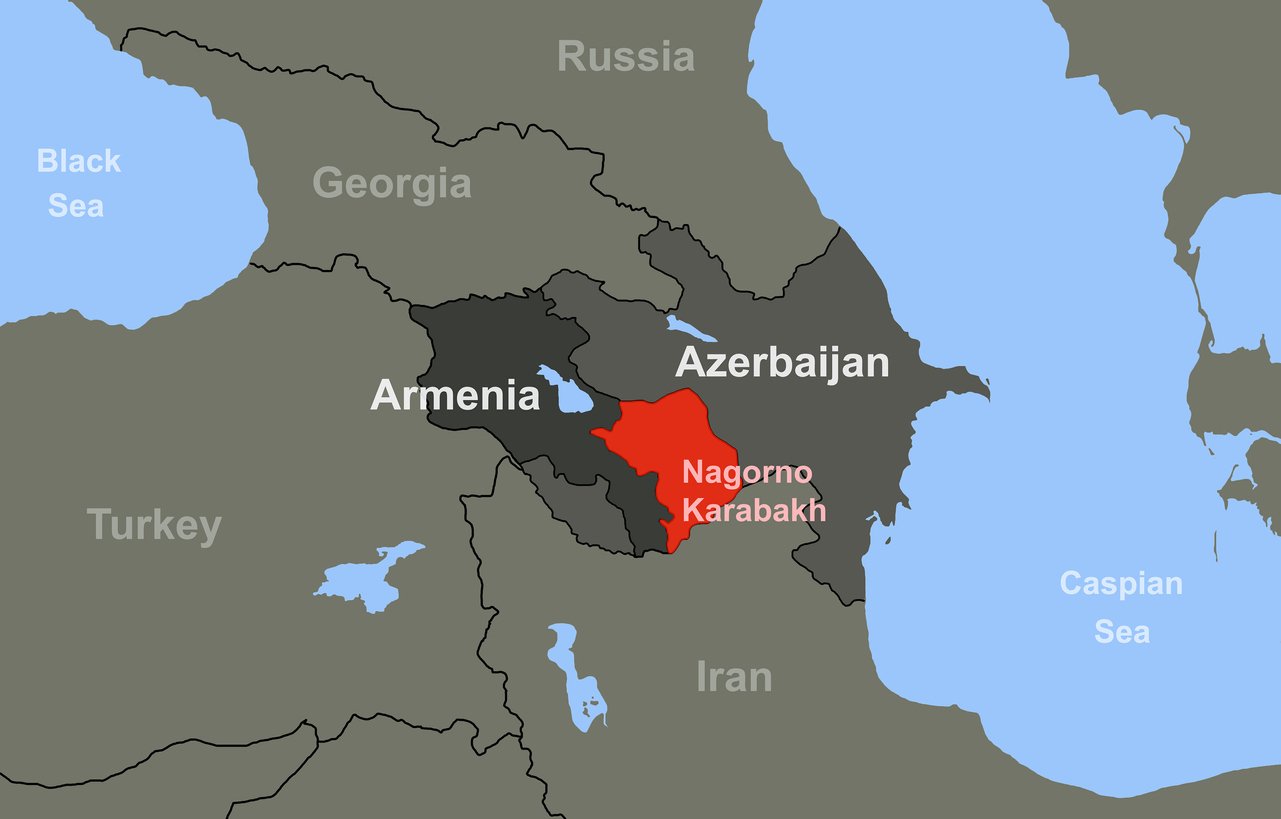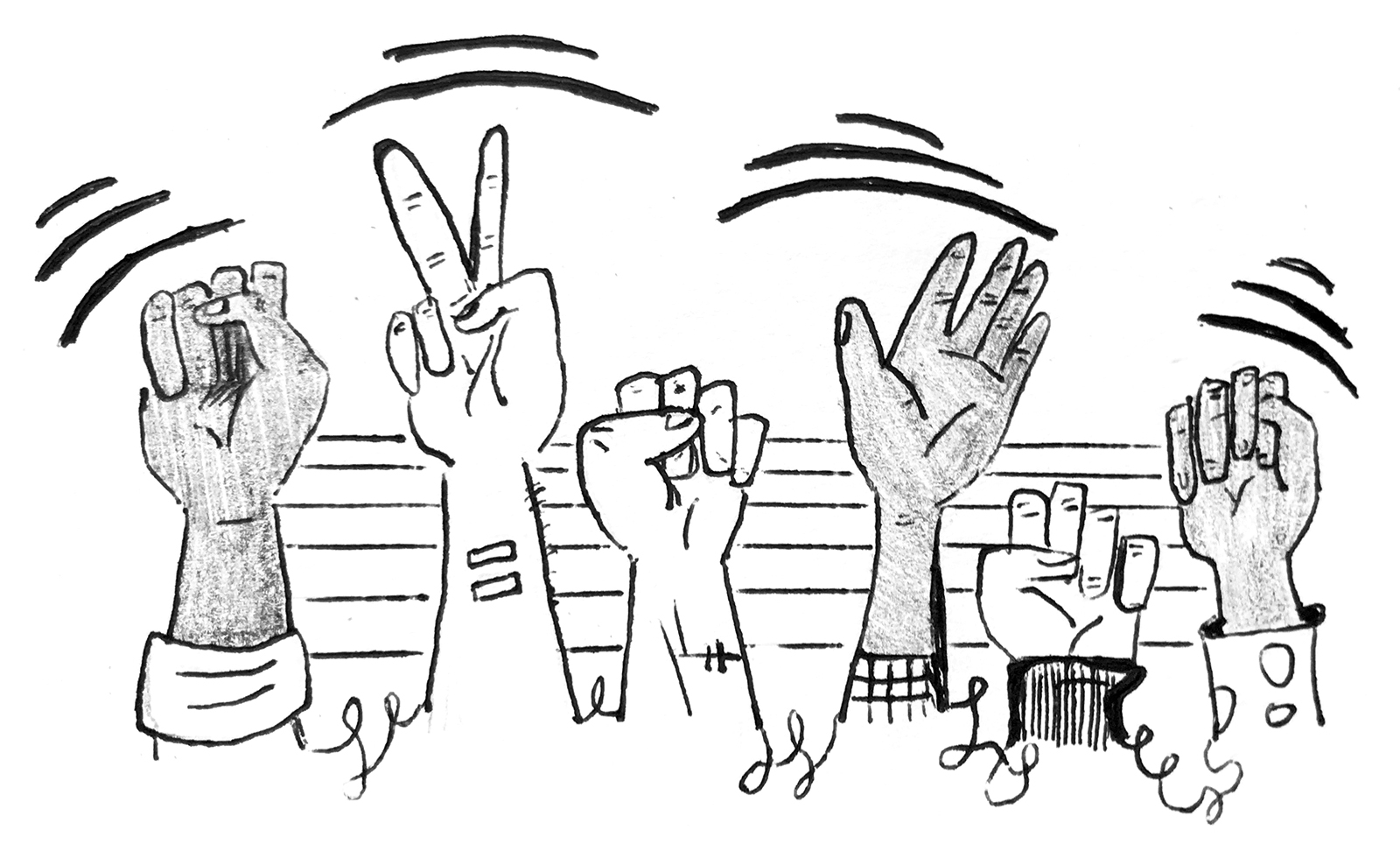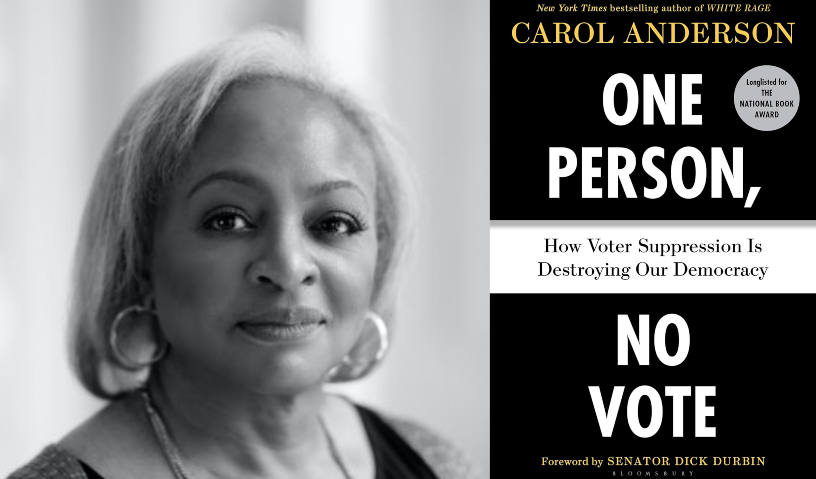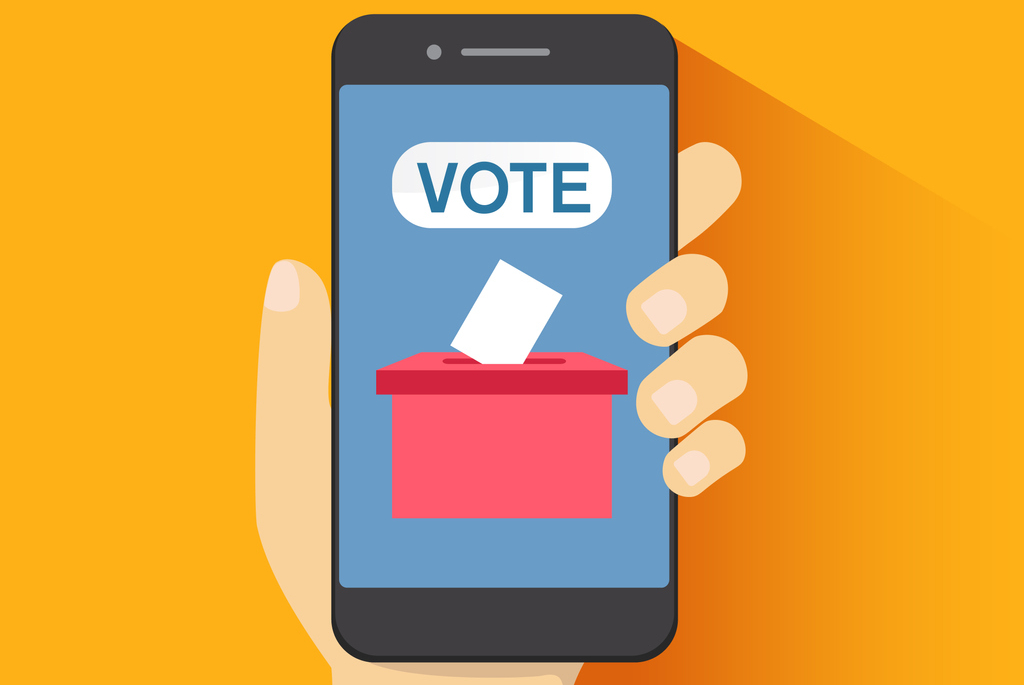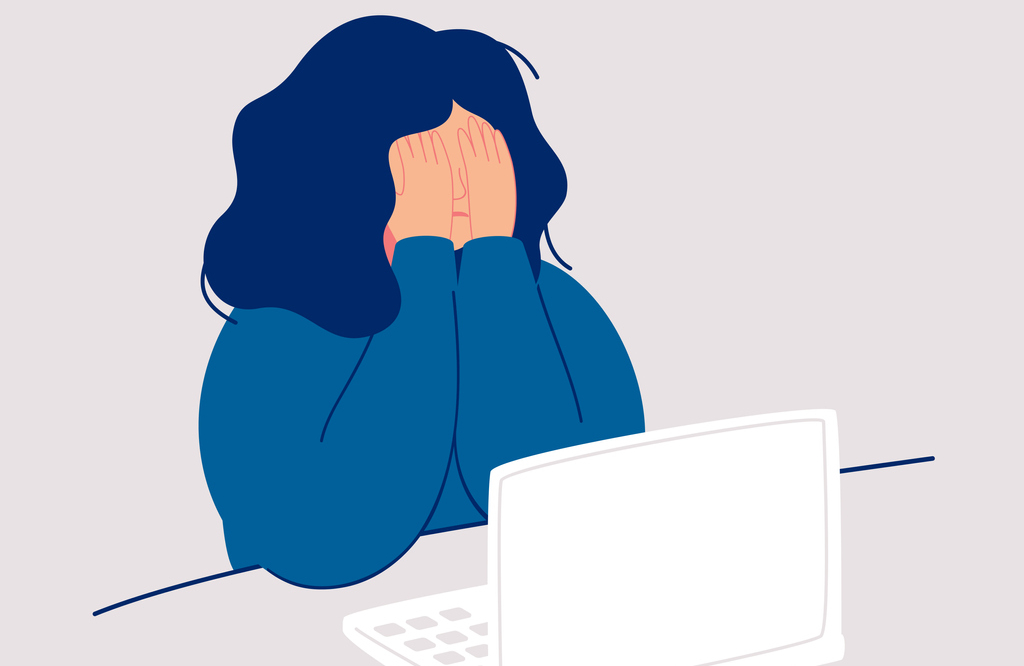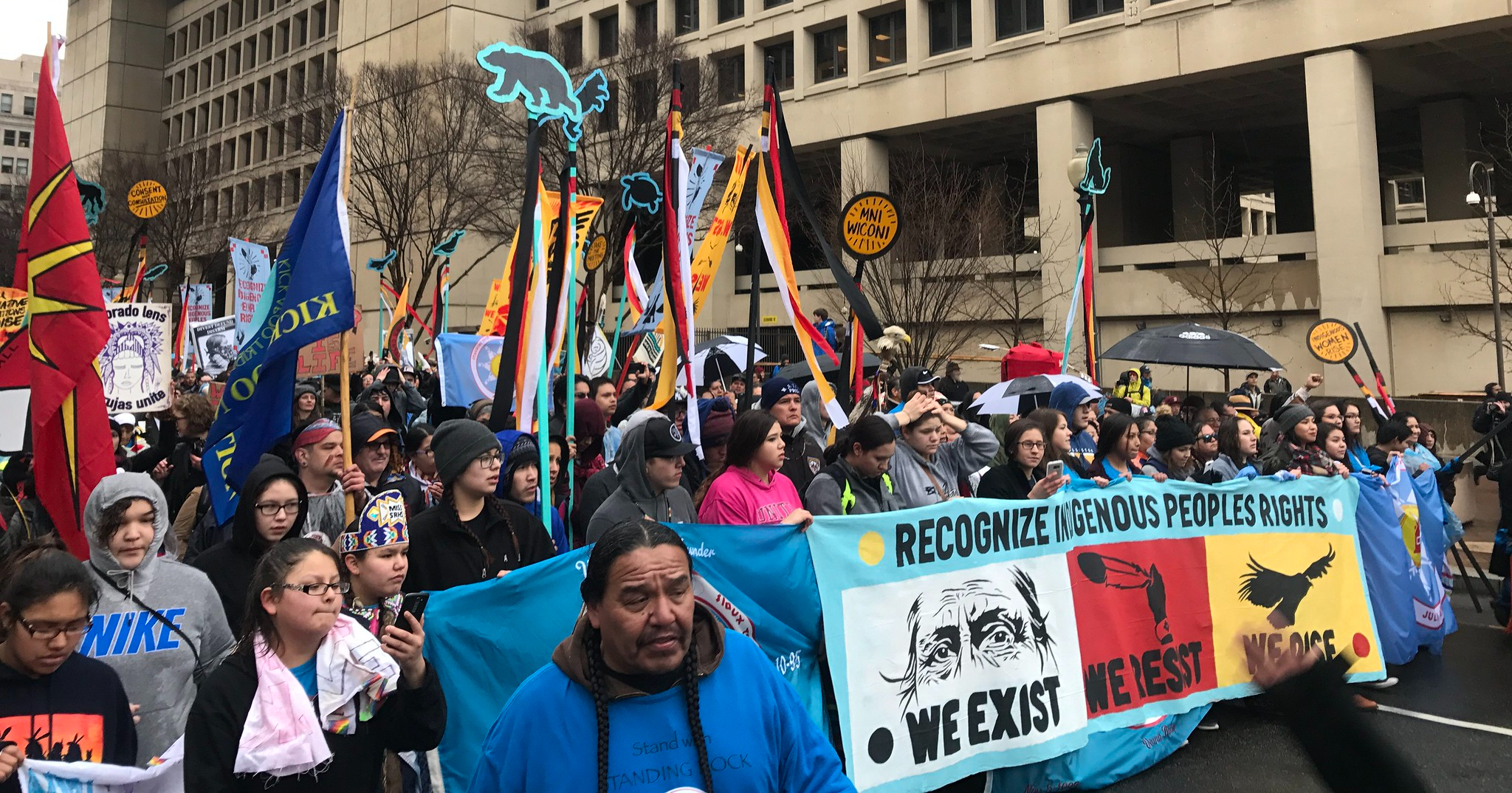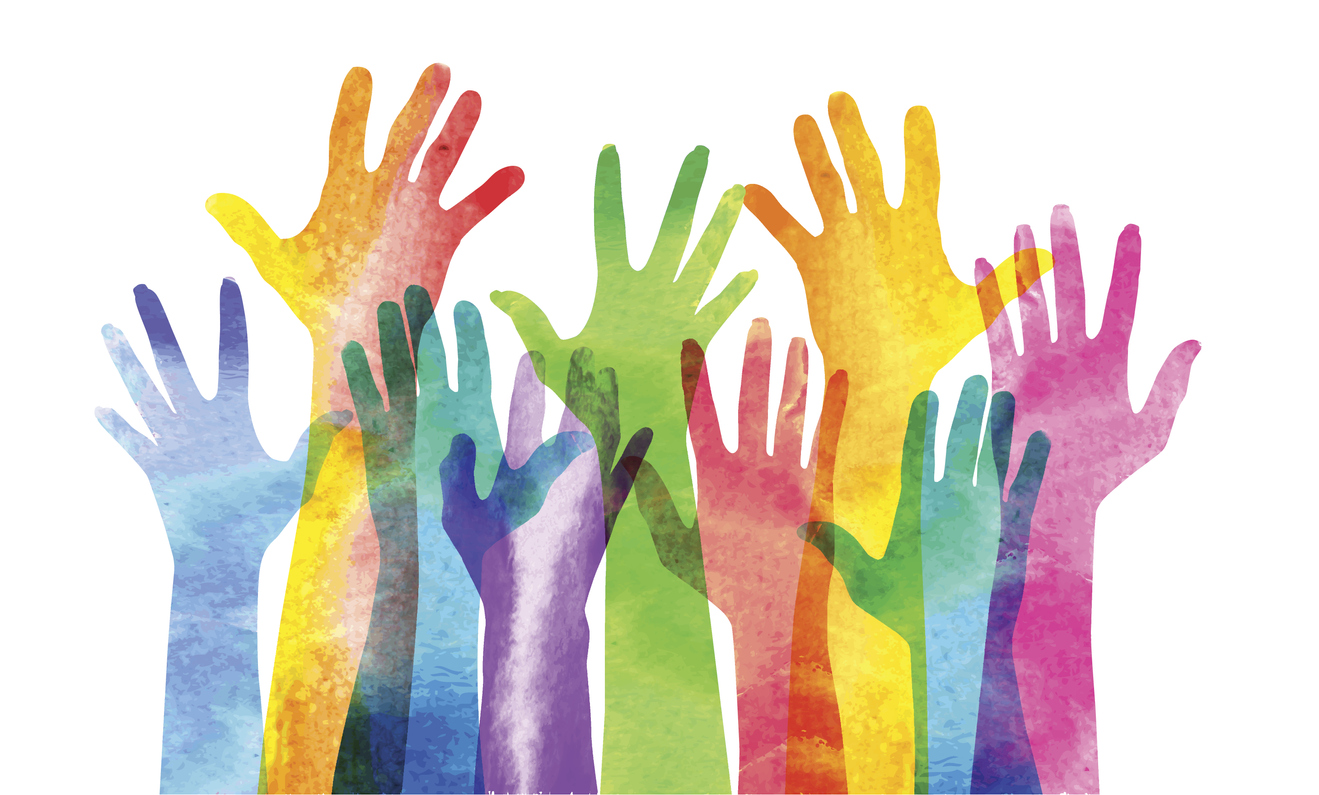In these days leading up to the 2020 presidential election, it is easy to become overwhelmed by the ceaseless stream of conflicting information issuing from all quarters. We are living in what is literally being called a “post-truth” moment and due to the complexity of our tech-mediated lives, it has become harder than ever to determine what information is real and true. In some ways, this is a perennial question explored by figures ranging from Plato and Aristotle to Morpheus and Neo, but this is more than a matter of philosophical reflection. Despite the eternal search for truth reflected in those figures, we need shared grounds for thought and action if we are to challenge the bigotry, hate, and overlapping crises engulfing our world. Forging meaningful spaces of exchange across echo chambers and ideological divides is a challenging task, but teachers have a unique opportunity to foster critical thinking beginning in their classrooms.
During this election season, educators are navigating conversations with their students about politics, race, and racism in ways that seem without precedent, all while facing real pressures to remain nonpartisan. This tension notwithstanding, it’s necessary to understand race and racism as a political issue of membership and power, rather than a partisan one of liberal or conservative ideology. Doing so creates space to more truly confront injustice in policy and practice. As educators, this critical distinction can help us have the nuanced discussions we aim to have with our students around civic engagement, with a historical lens that contextualizes our moment.
Topics: Reconstruction, Racism, race
Facing Nagorno-Karabakh: An Expert Interview
Posted by Karen Murphy and Liz Vogel on October 28, 2020
A global pandemic, economic crises, protests for racial justice, wildfires and hurricanes forcing people to flee their homes and businesses, and an impending election in the US. These are just some of the events taking place right now. And, in the midst of this, a violent conflict is taking place between Armenia and Azerbaijan in Nagorno-Karabakh. It is a humanitarian crisis. We know from history that mass violence does not take place when it is convenient, in peace, when we are prepared to act. It often happens when the world is distracted, when we are busy and exhausted.
Topics: Armenian Genocide
After the school day, I work with a group of teens to engage in dialogue and make a podcast called This Teenage Life, found on podcast apps such as Apple Podcasts and Spotify. We meet virtually twice per week to talk about issues the teens care about, such as when they began seeing their parents as human beings, love in high school, queerness, and the importance of the Black Lives Matter movement. We record these conversations, edit them, compose music and web art, and create podcast episodes with conversation and activity guides for teachers and students who might want to engage in similar conversations. Throughout the pandemic, This Teenage Life has been a social and creative lifeline for us.
Topics: Choosing to Participate, Upstanders
We recently sat down with Dr. Carol Anderson—professor, historian, and National Book Critics Circle Award winner—to discuss the history of the struggle for African Americans' voting rights, as well as its continuing relevance to racial justice and democracy. Dr. Anderson is the author of numerous books including One Person, No Vote: How Voter Suppression is Destroying Our Democracy. Below are excerpts from our conversation with Dr. Anderson, facilitated by Facing History’s Director of International Strategy, Dr. Karen Murphy.
Topics: Democracy, Voting Rights, American History, Black History
Meet the FH Alum Challenging Barriers to Voting Through Tech
Posted by Kaitlin Smith on October 20, 2020
In a recent interview, I had the opportunity to speak with Prince Taylor, alumnus of the Facing History School in New York City and team member at Politicking—a mobile app that offers comprehensive, nonpartisan information designed to empower millennial voters to cast their ballots. In this interview, we discuss his work at Politicking, their work to counter voter suppression and/or barriers to voting, and how Facing History shaped Taylor’s professional trajectory. Formed in collaboration with Facing History and Ourselves in 2005, The Facing History School is a public high school deeply informed by Facing History pedagogy within the New York City Public Schools system.
Topics: Voting Rights, Choosing to Participate, Alumni
Bullying remains one of the most intractable interpersonal problems facing young Americans across geographic, racial, and economic divides. StopBullying.gov reports that an alarming 20% of young people ages 12 to 18 experience bullying and it is for this reason that every October is National Bullying Prevention Month—a time to draw greater attention to this epidemic of interpersonal violence, what drives it, and how to stop it. Major studies from the last three years showed that most bullying targeting young people occurred in school settings—a reality that has prompted onsite intervention efforts including mapping the zones in which bullying is most likely to occur. This and other school-based strategies have offered educators, parents, and students new tools for managing the crisis, but there is more to tackle than meets the eye. As schools take on hybrid and wholly remote learning models amidst the COVID-19 pandemic, the threat of cyberbullying has reached unprecedented heights.
Topics: Bullying and Ostracism, Cyberbullying, Bullying, The BULLY Project
Across the United States, people are gearing up for Election Day on November 3, 2020 in the midst of continuing cultural, social, and political upheavals. As the nation continues to grapple with the enduring presence and lasting impact of the COVID-19 Pandemic, this election season looks different than those in the past. The debate over mail-in voting versus in-person voting continues and the emphasis on the need to keep everyone safe and healthy continues to hold public discourse.
Topics: Voting Rights, Upstanders
For an increasing number of communities around the United States, October 12th is Indigenous Peoples’ Day—a holiday dedicated to highlighting the cultures and suppressed histories of indigenous peoples. This holiday emerged in an explicit challenge to the narratives that undergird Columbus Day—the federal holiday on the same date used to celebrate Christopher Columbus’ purported “discovery of America.” Columbus is among the historical figures denounced this year as a growing movement continues to surface the interconnected legacies of racism and colonialism in the United States. However, indigenous peoples have been calling for a reexamination of how we narrate our nation’s founding for decades through efforts including the campaign for an Indigenous Peoples’ Day.
Topics: American History, Indigenous History, Native Americans
As many educators are teaching under extraordinarily challenging circumstances, we know that a central issue for educators is how to center equity and justice in their classrooms and schools. The long history of racism in education is still with us, and after a summer marked by racial violence, and an ongoing pandemic that is disproportionately impacting people of color, issues of equity and justice remain urgent and pressing.
If you are someone who is new to this work or if you are looking to recommit yourself to equity and justice, here are five ways to ground your teaching:
Topics: Equity in Education

